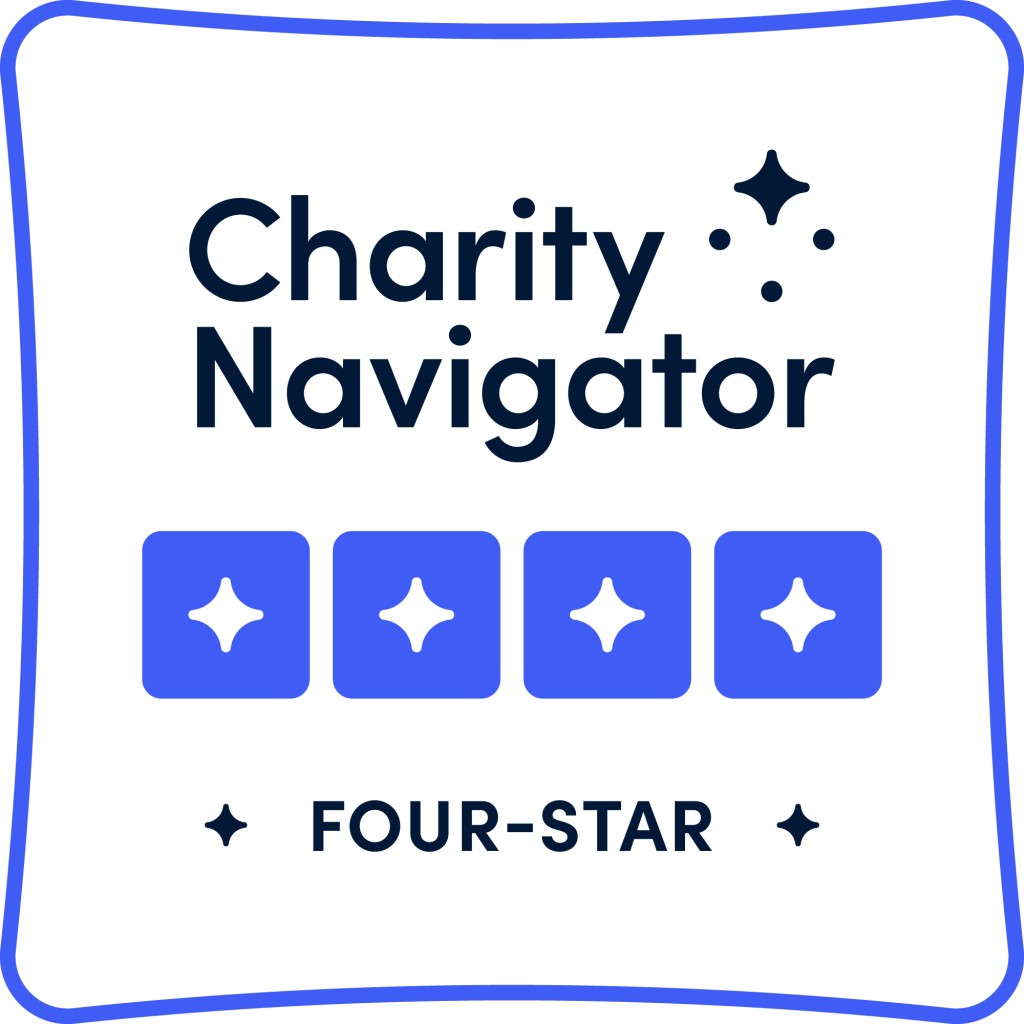In collaboration with Stand Up To Cancer and our partner, Ovarian Cancer Research Alliance, NOCC supported the Ovarian Cancer Dream Team – the first of its kind in the history of ovarian cancer research. This outstanding team began its work in July 2015, leveraging collaborative team science.
The SU2C-Ovarian Cancer Research Alliance-National Ovarian Cancer Coalition Dream Team focused on developing new therapies that target DNA repair and expanding PARP inhibitor use to women even beyond those with BRCA mutations. The team aimed to identify women at increased risk for ovarian cancer by screening for inherited mutations in genes linked to DNA repair, enabling these high-risk women to choose lifesaving preventative measures. Learn more about the SU2C-Ovarian Cancer Research Alliance-National Ovarian Cancer Coalition Dream Team.
In 2012, NOCC partnered with the GOG (Gynecologic Oncology Group) in funding the LIvES Study, overseen by the University of Arizona Cancer Center. The LIvES research initiative focused on a randomized, controlled trial study to test hypotheses relating dietary intake and physical activity to improved progression-free survival and quality of life among women diagnosed with ovarian cancer.
In 2011, NOCC partnered with Ovarian Cancer Research Fund (OCRF) and funded “The Ann Schreiber Ovarian Cancer Research Training Program of Excellence: A Study by Dr. Ruth Perets”.
Working to Improve Outcomes
Clinical trials lead to new and improved standards of care for ovarian cancer. For anyone who chooses to join a clinical trial, they will receive the best care available and help themselves as well as others by contributing to research.
What is an ovarian cancer clinical trial? Why should I consider participating?
Clinical trials are research studies designed to find ways to improve health, answer scientific questions and find better ways to prevent, diagnose or treat cancer. For many women with ovarian cancer, investigational treatments may offer new hope. Through participation in these trials, patients may receive access to new therapy options that are not available beyond the clinical trial setting.
Clinical trial phases
There are four main phases of clinical trials. This allows researchers to ask and answer questions as the trial progresses to ensure their information is reliable and protects the patient.
Phase I: Researchers first test a new drug or treatment in a small group (20-80) to evaluate its safety, determine safe dosages and identify side effects.
Phase II: The study drug or treatment is given to a larger group (100-300) to see if it’s effective and to further evaluate its safety; often, new combinations of drugs are tested.
Phase III: Large groups (1,000-3,000) are given the study drug or treatment to confirm its efficacy, monitor side effects, compare it to commonly used treatments and collect information that will allow the drug or treatment to be used safely. Usually, patients are put into at least two groups – a standard group and an unspecified group, known as randomization.
Phase IV: This focuses on long-term effectiveness and side effects of drug or treatment post-FDA approval, and is conducted over an extended period of time.
Myths and misconceptions about clinical trials
Questions to ask about clinical trials:
It’s advisable to bring a family member or friend along to learn about a clinical trial. Ask them to take notes and step in with questions if needed, such as:
- Is a clinical trial a treatment option for me?
- Why is the study being done?
- Who’s running it?
- Am I eligible to participate?
- What phase is the clinical trial in?
- What are the benefits and risks?
- Will my insurance cover the costs?
- How long will the study last?
- Will you still be my oncologist?
- What is informed consent?
- What are my rights as a patient? Can I leave the trial at any time?
Will I get a placebo?
No. Clinical trials test the safety and benefits of new treatments as well as new combinations (or new doses) of standard treatments. You will get either the new treatment and/or the standard treatment. Sometimes, patients get the standard treatment plus a placebo rather than the standard treatment plus the new treatment (being studied).
Will my insurance cover the cost?
A growing number of states have passed legislation or instituted special agreements requiring health plans to pay the cost of routine medical care received by a participant in a clinical trial. Learn more about paying for clinical trials.
Types of trials
Treatment trials
These test the effectiveness of new treatments or ways of using existing treatments in people with cancer. Combinations of different treatment types may also be tested. Treatment trials can include new drugs or new combinations of current drugs, new surgery or radiation therapy techniques. They are also used to test vaccines or other therapies that stimulate the immune system to fight cancer.
Screening trials
These trials are conducted to find new ways to detect cancer, especially in the early stages.
Quality-of-life trials
These examine ways to increase the level of health and comfort for cancer patients.
How do I find a clinical trial?
If you are thinking about joining a clinical trial as a treatment option, the best place to start is to talk with your doctor or another member of your health care team. Often your doctor may know about a clinical trial that could be a good option for you. He or she may also be able to search for a trial for you, provide information, and answer questions to help you decide about joining a clinical trial.
You can typically find the most recently updated listing of clinical trials online:
- Clinicaltrials.gov is a resource provided by the U.S. National Library of Medicine; it is a database of privately and publicly funded clinical studies conducted around the world
- Centerwatch.com is a clinical trials listing service for ovarian cancer medical research trials actively recruiting patients
- Emergingmed.com Clinical Trial Navigation Service can assist in looking for clinical trials by filling a short questionnaire



